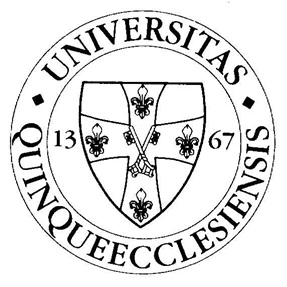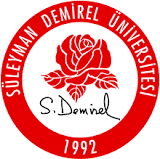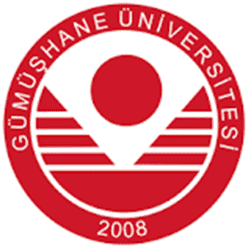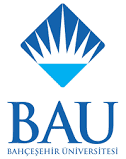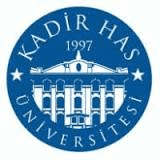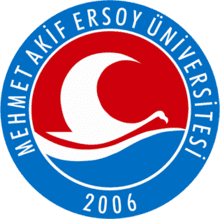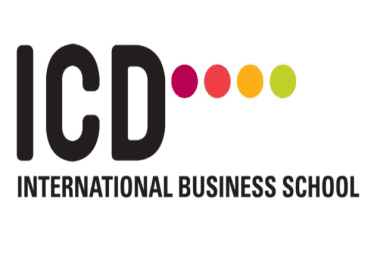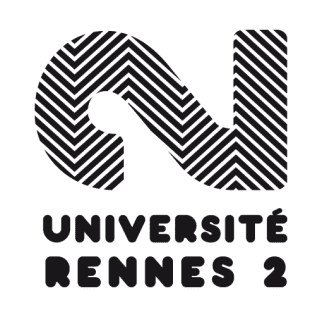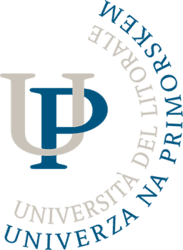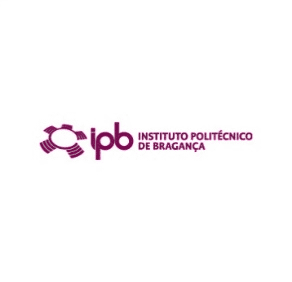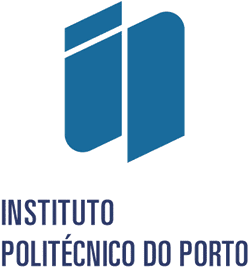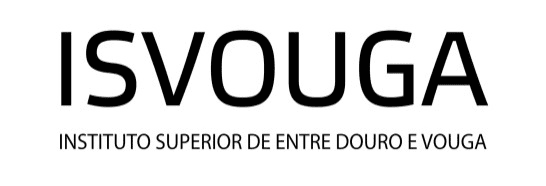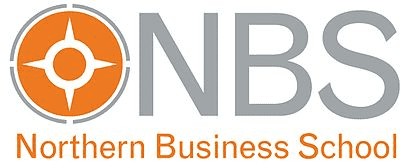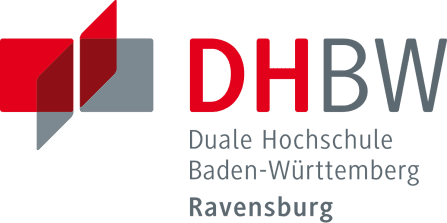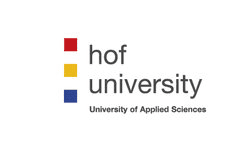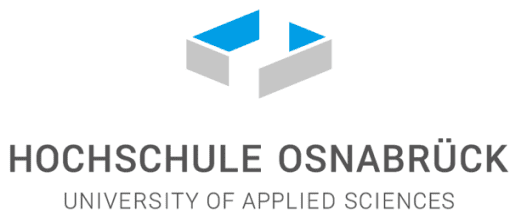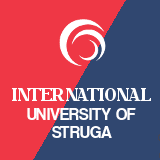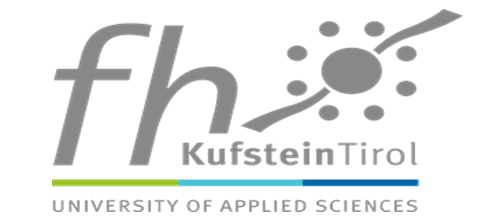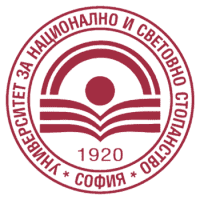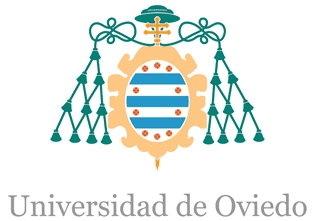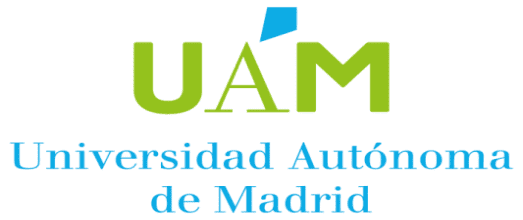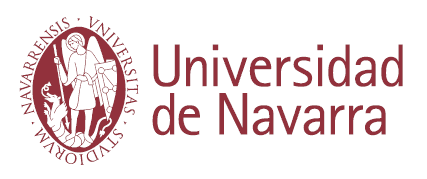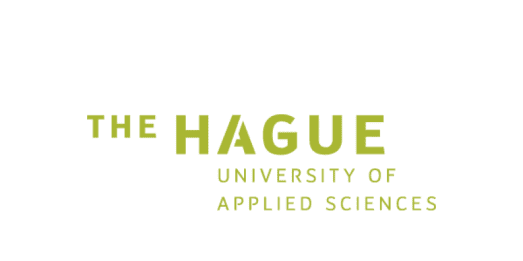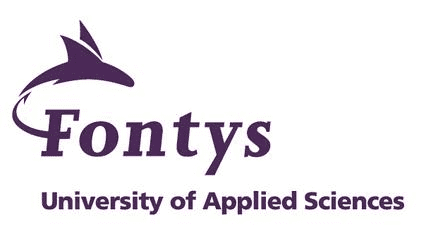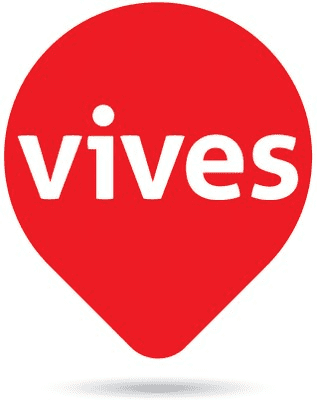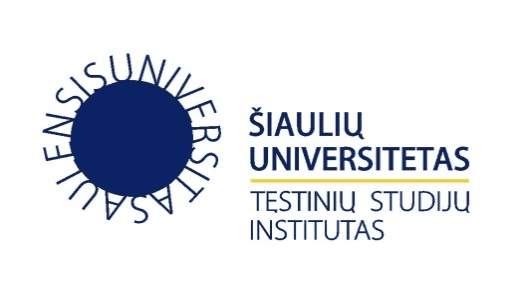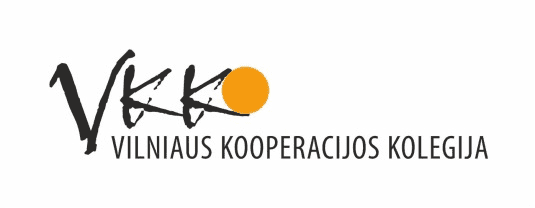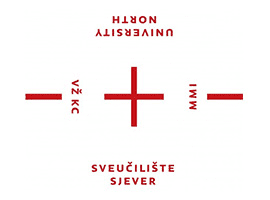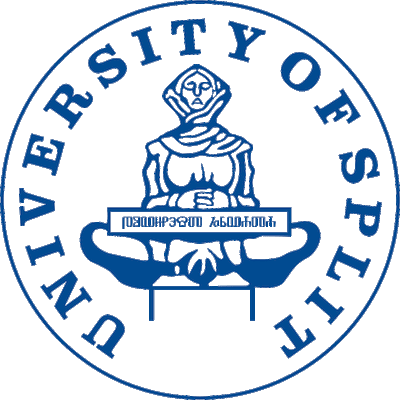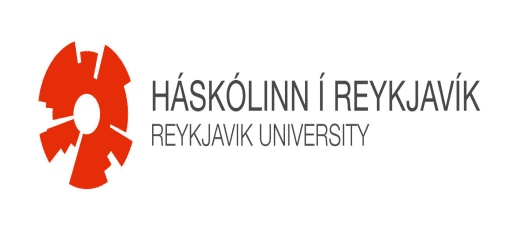ERASMUS+

Erasmus+ is the European Union program for education, training, youth and sport. The Erasmus+ program aims to boost skills and employability, as well as modernizing Education, Training, and Youth work. Erasmus + supports international mobility among learners (students, trainees, apprentices, young people and volunteers) and staff (professors, teachers, trainers, youth workers and people working in organizations active in education, training and youth). The main aims of the program are to:
- support learners in achieving learning outcomes in order to expand their opportunities for personal development and increase their employability on the European labor market and outside EU;
- increase the knowledge of foreign languages among participants
- raise the level of knowledge and knowledge of other cultures and countries among participants
- increase the attractiveness of higher education in Europe and supporting European higher education institutions in competing in the global market for higher education;
- support the internationalization, attractiveness, quality, equality of access and modernization of higher education institutions outside Europe.

The program allows students and employees to travel abroad and creates opportunities to participate in projects together with foreign partners.
The following countries can participate in the Erasmus + program:
- Member States of the European Union (EU): Belgium, Bulgaria, Czech Republic, Denmark, Germany, Estonia, Ireland, Greece, Spain, France, Croatia, Italy, Cyprus, Latvia, Lithuania, Luxembourg, Hungary, Malta, Netherlands, Austria, Poland Portugal, Romania, Slovenia, Slovakia, Finland, Sweden, Great Britain
- Non-EU countries participating in the program: Former Yugoslavian Republic of Macedonia, Iceland, Liechtenstein, Norway, Turkey.
Supervision of the program
- Responsibility for the implementation of the Erasmus + program lies with the European Commission. The Commission manages the budget on an ongoing basis and defines the priorities, objectives and criteria of the program. In Poland, the National Agency for the Erasmus + Program is the Foundation for the Development of the Education System with its headquarters in Warsaw.
Uczelnie partnerskie

Rodzaje mobilności
Wyższa Szkoła Biznesu-National Louis University implements a mobility project in the field of education and training: Action 1: Educational mobility - student and university mobility - cooperation with program countries.
Types of mobility:
- SMS - Student Mobility for Studies
- SMP - Student Mobility for Placement
- STA - Staff Mobility for Teaching
- STT - Staff Mobility for Training







